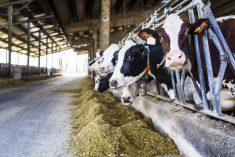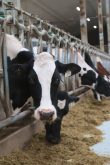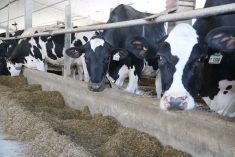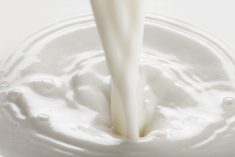The Canadian dairy sector got good and bad news yesterday.
The federal government announced the long-awaited details of its promised investment program for the dairy sector after it gave up a portion of domestic cheese market in free trade negotiations with Europe.
Dairy farms in Canada will be eligible for up to $250,000 per farm to increase productivity as part of the program announced to help the Canadian dairy sector adapt to the implementation of a free trade agreement with Europe.
However, the government also announced on the same day that it had reached a deal with Europe on the allocation of the new tariff rate quota (TRQ) for those cheese imports.
Read Also
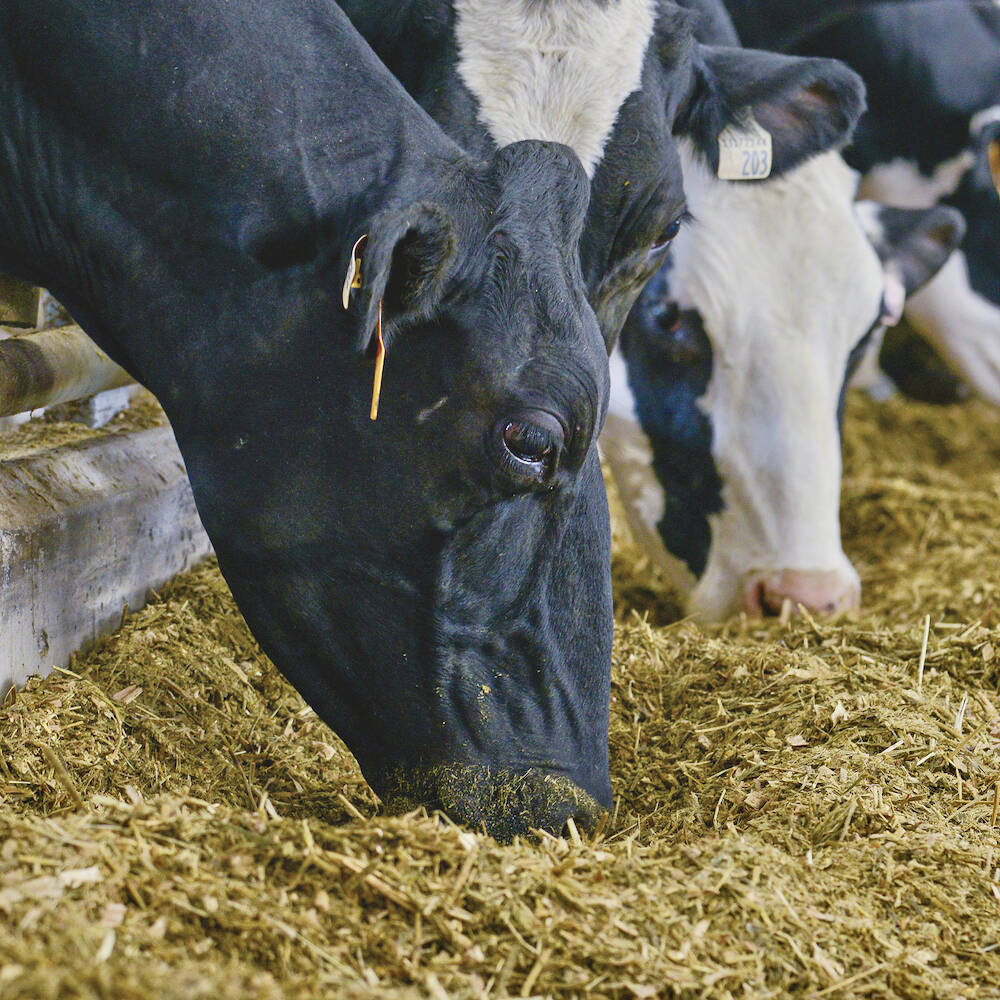
Media reports suggest U.S. dairy access to Canada a topic of conversation in Ottawa
Globe and Mail article suggests U.S. dairy access to Canada is back as a topic of conversation in Ottawa
The Canada-EU Comprehensive Economic and Trade Agreement (CETA) allows 16,000 tonnes worth of European cheeses, and about 1,700 tonnes of industrial cheese to be imported into Canada tariff free.
The Canadian dairy sector, especially cheese manufacturers, had hoped to manage most of that quota themselves, but instead was allocated half, with the other half of the import quotas going to retailers and distributors.
Dairy processors were unhappy with the decision which would have helped cushion their businesses from increased imports, but the Europeans balked at giving control of the imports to the sector being impacted. CETA is expected to be implemented Sept. 21.
“I have to say we’re really disappointed,” says Jacque Lefebvre, president and CEO of the Dairy Processors Association of Canada.
He says allocating more of the import quota to processors would have meant that they could import cheeses that are not already being produced in Canada, which would mean more choice of cheeses for Canadian consumers.
“If you are making Canadian brie, why would you import brie? You would have expanded your offering,” says Lefebvre. “By doing so you can maintain your levels of milk you purchase.
“Any licence you give to retailers, you are giving up the whole supply chain to them.”
Dairy Farmers of Canada, along with the Canadian Alliance of Cheese Makers, had formed a united position with the dairy processors.
“We had hoped the government would prioritize the allocation of the new TRQs to cheesemakers, who would have imported cheeses that are not already produced in Canada, providing greater variety of cheeses to Canadian consumers, while supporting the continued growth of the Canadian dairy sector,” said Pierre Lampron, president of Dairy Farmers of Canada.
In an interview on Tuesday, Lefebvre said he was still sorting out all of the details of the TRQ allocations. The allocations dedicate a certain amount of the imports to small and medium sized businesses, as well as to new entrants in the cheese business.
CETA dairy program details arrive
Processors are also beneficiaries in the dairy sector investment program, and it is likely no coincidence that both the TRQ levels and the investment program were announced on the same day.
The federal government announced the investment program Nov. 10, but the dairy sector has been waiting for details.
The five-year, $250 million Dairy Farm Investment Program will support upgrades to cow milk dairy farming technology, including large investments, worth up to $250,000 per licensed dairy farm, such as for automated milking and feeding technology, or smaller investments, such as herd management or barn operation equipment.
The Dairy Processor Investment Program runs for four years, is worth $100 million and will provide up to $10 million for large capital investments in equipment, or up to $250,000 per project for technical, managerial or business expertise.
Canada gave up access to the dairy market in CETA, but it gained access for other agriculture commodities such as beef, pork and grains.




